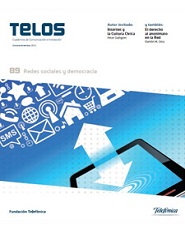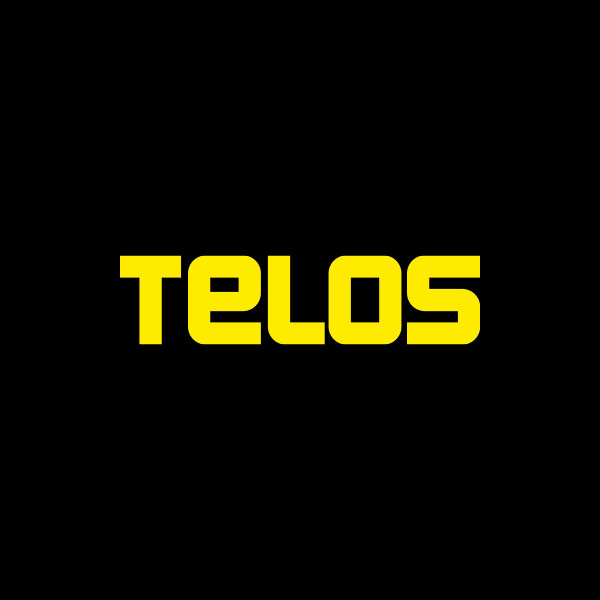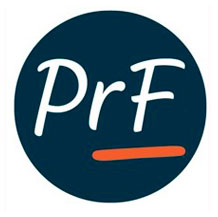
Descripción
This 89th issue of Telos devotes its central dossier to an area of the huge transcendence: the close relationship between the social networks and the present and future of democracy. Under the coordination of Fernando Vallespín, professor at the Universidad Autónoma, former president of the CIS (Centre for Sociological Research) and member of the Telos scientific board, this dossier analyses the scope of social networks in democratic practice and social and political mobilisation, and the inclusion of the media in the new public space.
The use of social networks as a weapon for political action, or as a way of connecting the public administrations with the public, is based on their enormous effectiveness as an instrument for increasing the power of certain groups in civil society which, until now, had great difficulty setting up communication links among themselves and with the public at large. Social networks have turned into a new public sphere that is capable of breaking free from many of the constraints that affect the networks that predominate in the majority of national democracies, which are excessively dependent on the organisation of traditional media systems or on the normal processes for communication between the public and the ruling classes.
The guest author, Peter Dahlgren, also writes about youth and political participation. The network media and culture. The editorials are entitled 'Techno-Optimism and Techno-Realism', which is signed by José de la Peña Aznar, and 'Cultural Institutions at a Click', by Alicia Moreno Cámara and Juan José Prieto Gutiérrez.





